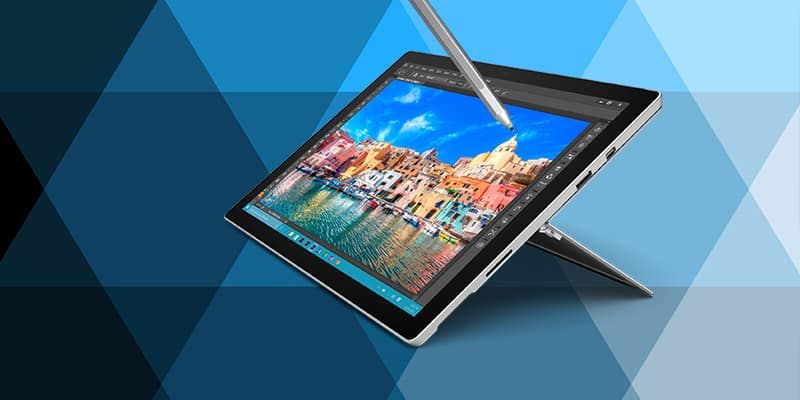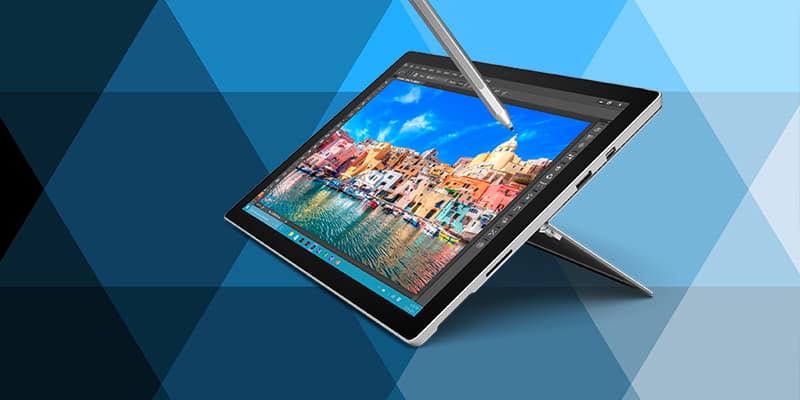
The Pros and Cons of Using a Tablet as Your Primary Computer

1. The Pros of Using a Tablet as Your Primary Computer
There are many reasons why you might want to use a tablet as your primary computer. Tablets are portable, lightweight, and easy to use. They also have a long battery life,MAGCH so you can take them with you wherever you go.
There are a few things to keep in mind if you're thinking of using a tablet as your primary computer, though. First, tablets don't have the same processing power as laptops or desktop computers. This means that you won't be able to do things like edit videos or play demanding games.
Second, tablets don't have as much storage as laptops or desktops. This means you'll have to be selective about the apps and files you download.
Third, you'll need to be careful about drop-offs in service. If you're using a tablet as your primary computer, you'll need to make sure you have a backup plan for when you can't access the internet.
Despite these potential drawbacks, there are many reasons to consider using a tablet as your primary computer. Tablets are convenient, portable, and easy to use. If you're looking for an alternative to a laptop or desktop, a tablet might be the right choice for you.
2. The Cons of Using a Tablet as Your Primary Computer
When it comes to computing, there are a variety of different options available on the market. Some people prefer the portability of laptops, while others prefer the power and performance of desktop computers. But in recent years, another option has emerged as a popular choice for many users – tablets.
Tablets offer a number of advantages over other computing options. They’re lightweight and portable, they have long battery life, and they’re easy to use. But there are also some potential drawbacks to using a tablet as your primary computer. Here are a few things to consider before making the switch.
One of the biggest advantages of tablets is their portability. They’re small and lightweight, making them easy to take with you on the go. But this can also be a disadvantage. Because they’re so small, tablets can be more difficult to use for extended periods of time. If you do a lot of typing or need to use complex software, a tablet can be frustrating to work with.
Another potential downside of tablets is their app selection. While there are a number of great apps available for tablets, the selection is still limited compared to what’s available for laptops and desktop computers. If you rely on specific software for work or school, you may not be able to find a tablet version that meets your needs.
Finally, tablets can be more expensive than other computing options. If you’re looking for a budget-friendly option, a tablet may not be the best choice.
Overall, tablets offer a number of advantages and disadvantages. It’s important to consider your needs and how you’ll be using your device before making a decision. If you need a powerful and flexible computer for work or school, a tablet may not be the best choice. But if you’re looking for a lightweight and portable device for casual use, a tablet can be a great option.
3. The Bottom Line
The bottom line is that tablets have a lot of great features that make them ideal for use as a primary computer. However, there are also some potential downsides to consider. Weighing the pros and cons will help you decide if a tablet is the right choice for you.
Pros:
1. Portability: Tablets are much more portable than laptops, making them ideal for use on the go.
2. Touchscreen: The touchscreen interface of a tablet can be more intuitive and user-friendly than a traditional laptop, making it easier to use for certain tasks.
3. Battery life: Tablets typically have longer battery life than laptops, meaning you can use them for longer periods of time without having to worry about recharging.
Cons:
1. Limited storage: Tablets typically have less storage than laptops, meaning you may have to store more files in the cloud or on an external hard drive.
2. Smaller screen: The smaller screen size of a tablet can be less ideal for certain tasks, such as working on long documents or watching movies.
3. Less powerful: Tablets are typically less powerful than laptops, meaning they may not be able to handle more demanding tasks such as video editing or gaming.
Appreciate the creator